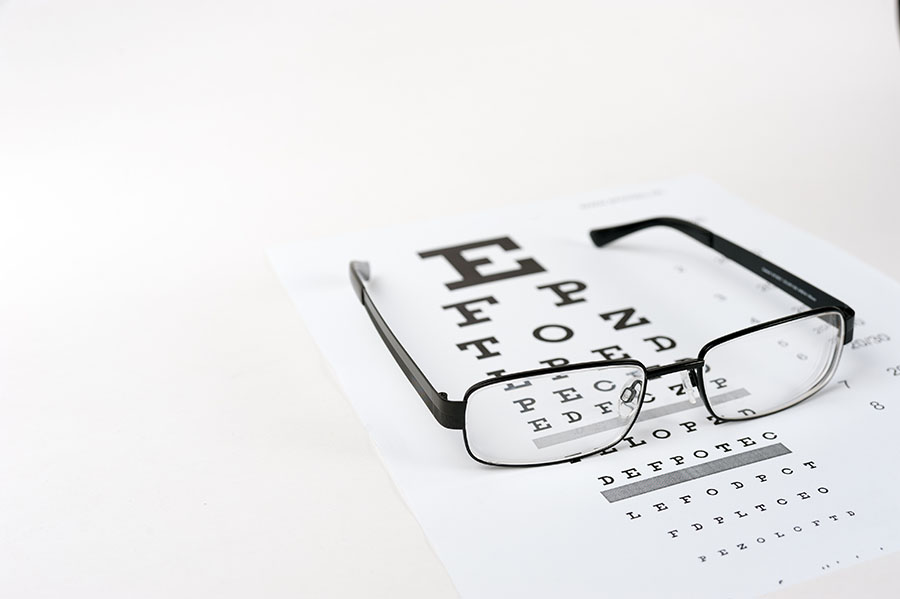


Our eyes play a vital role in our daily lives, allowing us to experience the beauty of the world around us. However, vision is not static and undergoes changes as we age. Understanding how eye health evolves across different stages of life is crucial for nurturing healthy vision. In this article, we will explore the various challenges different age groups face, from paediatric eye care to age-related conditions, and provide valuable advice to maintain optimal eye health throughout the journey.
Childhood is a critical time for eye development, and early detection of vision problems is crucial. Regular eye exams are essential, starting from infancy and continuing through the school years. These exams can identify common vision issues such as refractive errors (near-sightedness, farsightedness, and astigmatism), lazy eye (amblyopia), and crossed eyes (strabismus).
Parents should be vigilant in observing signs of visual problems, such as squinting, eye rubbing, frequent headaches, or difficulty focusing. Promoting healthy habits like limiting screen time, encouraging outdoor activities, and providing a balanced diet rich in nutrients like vitamins A, C, and E can support optimal eye development.
As we enter adulthood, our eyesight continues to evolve. Many individuals start to experience presbyopia, a natural age-related condition that affects near vision. Reading glasses, progressive lenses, or multifocal contact lenses can help address this issue.
Moreover, adults are susceptible to other vision problems such as dry eyes due to hormonal changes, digital eye strain from prolonged screen usage, and increased risk of eye injuries at work or during sports activities. Implementing regular breaks from screens, practicing proper ergonomics, using lubricating eye drops, and wearing protective eyewear can mitigate these concerns.
As we progress into our golden years, age-related eye conditions become a primary concern. Two common conditions include cataracts and glaucoma.
Cataracts occur when the lens of the eye becomes cloudy, leading to blurred vision, sensitivity to light, and difficulty seeing at night. Cataract surgery, a safe and effective procedure, involves replacing the cloudy lens with an artificial one, restoring clear vision.
Glaucoma, often referred to as the "silent thief of sight," is a progressive condition characterized by increased pressure within the eye, causing damage to the optic nerve. Regular eye exams and early detection are crucial for managing glaucoma, as it can lead to permanent vision loss if left untreated. Treatment options include eye drops, laser therapy, or surgery.
Regardless of age, certain lifestyle factors contribute to maintaining healthy vision. These include:
Understanding the changes that occur in our eyes as we progress through different stages of life empowers us to prioritize eye health and take care of them!
Fill in he form below and we will get back to you as soon as we can.
Shop 10 D, Cornwall View Shopping Centre, Cnr Boeing & Piering Street, Elardus Park